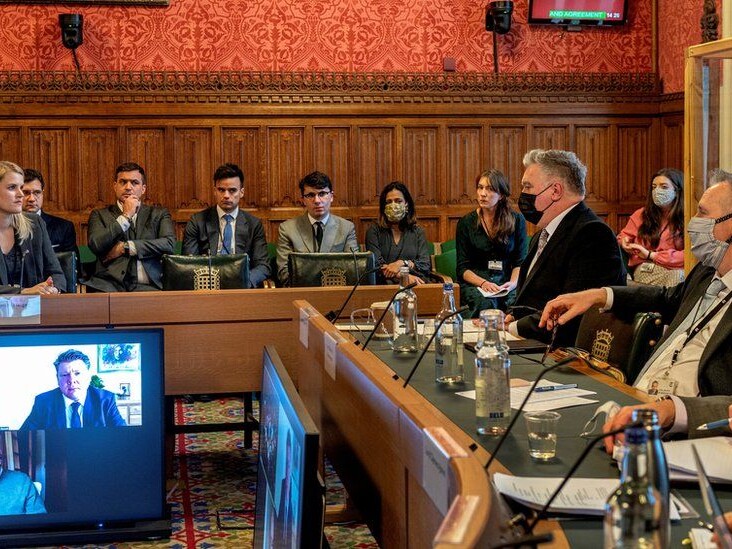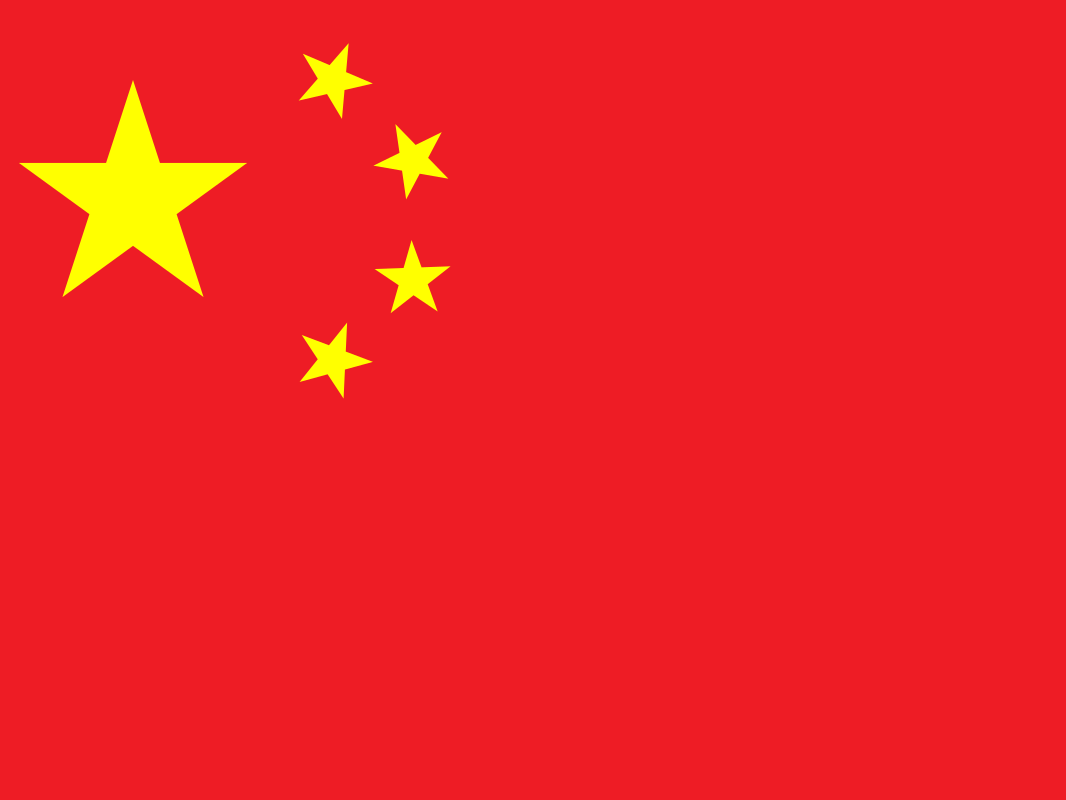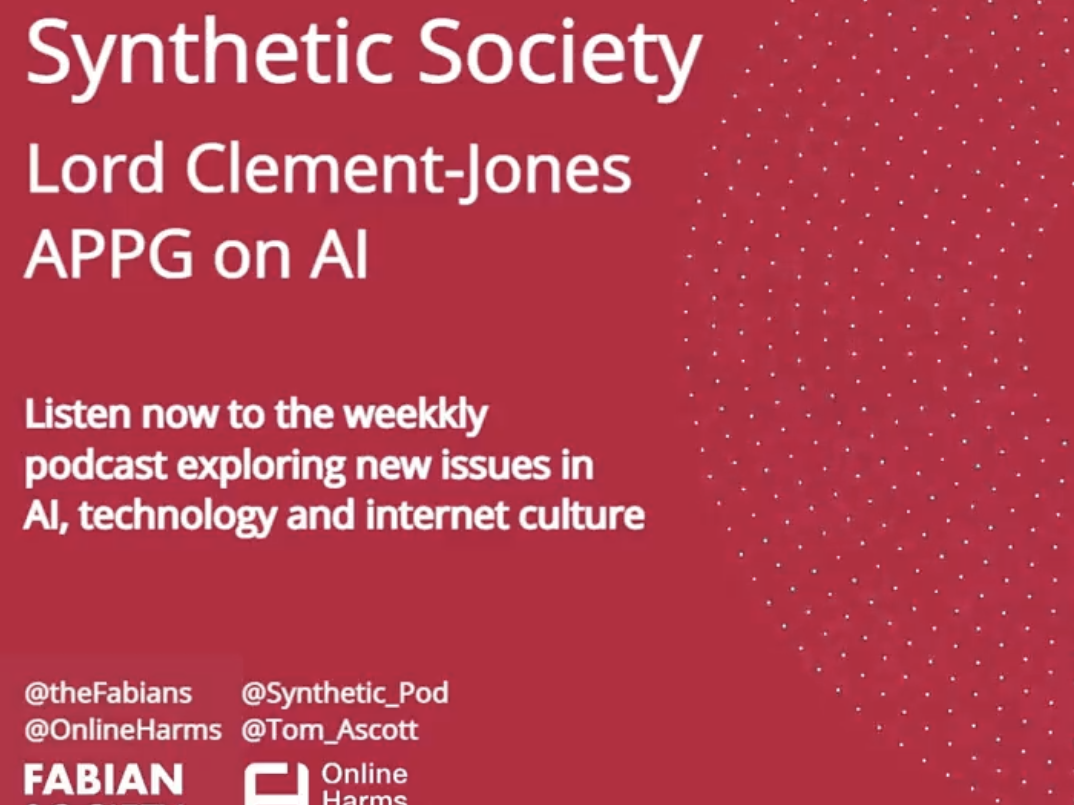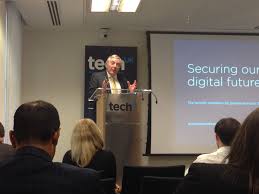Recently the House of Lords debated the Report “Digital Technology and the Resurrection of Trust” produced by the Democracy and Digital Technologies Select Committee chaired by Lord David Puttnam, now sadly retired from the House of Lords
This is an edited version of the speech I gave winding up the debate
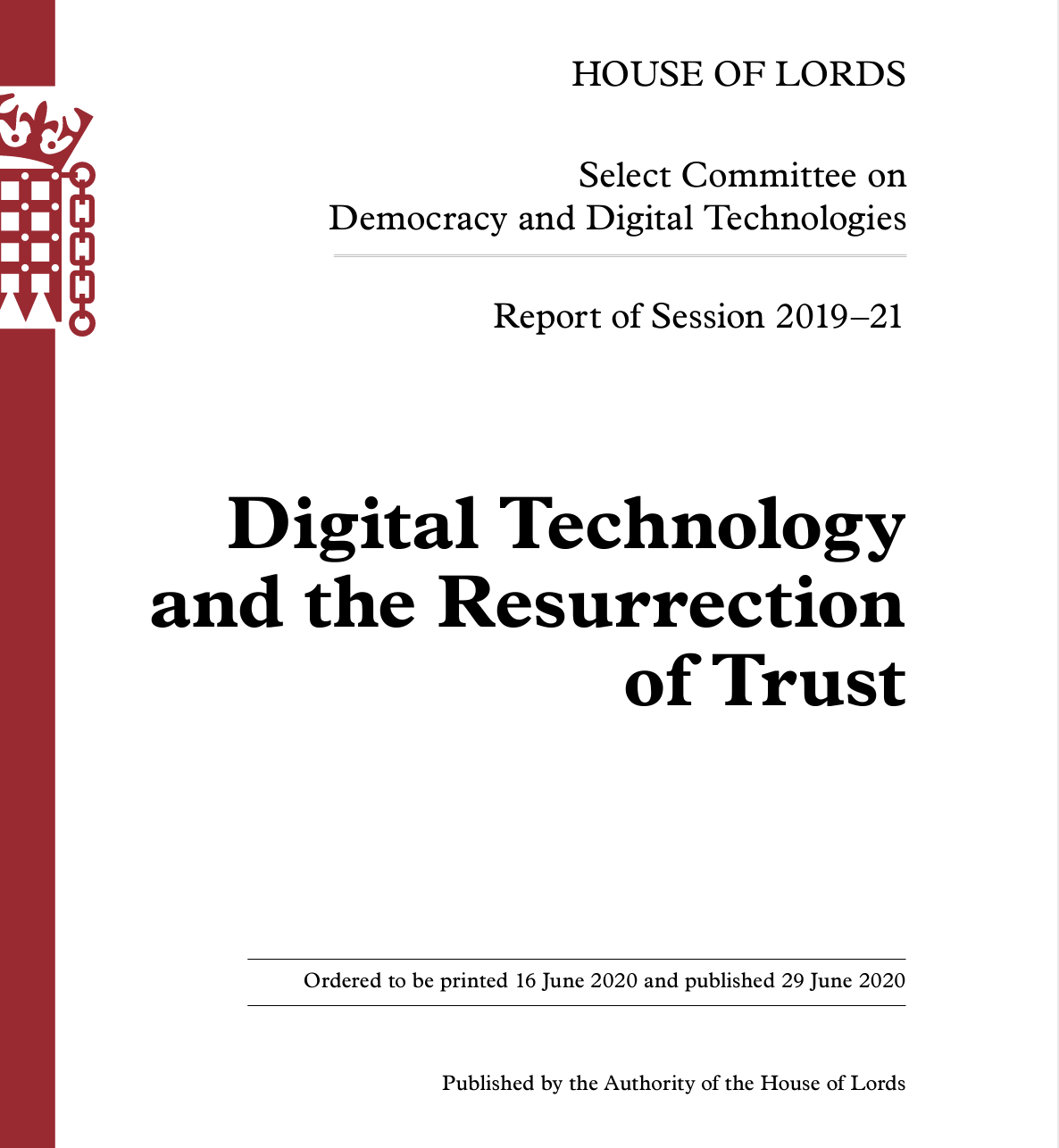
My Lords, this has been an inspiring debate. Events in Ukraine should make us all cherish our democracy in Britain and reinforce our determination to reinforce democratic values across the world. Nothing can compare with the suffering of the Ukrainian people in the defence of their democracy: they are a shining example to us all.
It is regrettable that we are debating this excellent report, which is still highly topical, nearly two years after it was published. I, like all of us who have spoken in this debate, very much miss Lord Puttnam leading the charge on the issues so important to him, and with which his valedictory lecture last October dealt so brilliantly. We also owe a big debt of gratitude to the noble Lord, Lord Lipsey, for stepping in and for his masterful introduction. It is good to see so many members of the committee participating today.
As the noble Lord, Lord Lipsey, says, what seemed controversial then has become commonplace today. Some of the recommendations of the committee are already in the pipeline, but we need to give far more attention to the other recommendations that are not in the pipeline. Given the crossover with many aspects of the report of the Joint Committee on the Draft Online Safety Bill, I am particularly pleased to be taking part in this debate today.
In a piecemfour years ago, US tech journalist Dylan Matthews wrote:
“The internet was supposed to save democracy… How could we have gotten this so wrong?”
He wrote this in the light of allegedmanipulation by Russia both in the US presidential elections and in the Brexit vote, with the aid of Cambridge Analytica, which used data collected online from millions of personal Facebook accounts, targeting individuals with specific misinformation. As the noble Baroness, Lady Morris, said, we were too slow to see the risks. As the noble Lord, Lord Stevenson, said, who doubts this activity now?
In the intervening years, the power of viral disinformation on social media has become even clearer. The long-delayed report on Russian interference, by the Intelligence and Security Committee in July 2020, said:
“The UK is clearly a target for Russia’s disinformation campaigns and political influence operations and must therefore equip itself to counter such efforts.”
We also had the riots at the Capitol in Washington DC on 6 January 2021, mentioned by the noble Lord, Lord Harris. An investigation by ProPublica and the Washington Post found that Facebook groups swelled —with at least 650,000 posts attacking the legitimacy of Joe Biden’s victory—between election day and the 6 January riot, with many calling for executions or other political violence.
We have had former Facebook—now Meta—employee Frances Haugen’s damning testimony, mentioned by the noble Baroness, Lady Kidron, and the noble Lord, Lord Mitchell, to the USA Senate and our own Joint Committee on the Draft Online Safety Bill, on which I sat. She accused the company of putting
“astronomical profits before people.”
Most of us need little convincing that things have gone badly wrong somewhere, and in 2022, after Covid lockdown, the situation seems worse. But as the report of the Democracy and Digital Technologies Committee says, we must look at the roots of the problem and the accountabilities involved. It is all about the power of the algorithm and data, as the noble Lords, Lord Stevenson and Lord Mitchell, said.
We are being targeted with our own data. Online political microtargeting is used to alter how we vote, especially with misinformation. xtreme content is amplified as part of the platform business model. Outrage is encouraged. Their business models operate directly against the best interests of a democratic society. They prey on us, in that vivid phrase quoted by the noble Baroness, Lady Kidron. Lord Puttnam made the strong point in his valedictory lecture that 6 January was a wake-up call to tackling the problems with microtargeting and algorithm bias which underlie the business models of the social media platforms.
Ownership of data is increasingly concentrated in the hands of big internet brands, as we have heard from a number of noble Lords today. Metcalfe’s law of networks has led to enormous and growing power for social media.
What should the consequences be for social media? How can we prevent these harms to democracy? How can we restore trust—or resurrect it, in the words of the report? The bottom line is that we do have the power, as the noble Lords, Lord Holmes and Lord Stevenson, said. We need government regulation, and quickly. In the phrase used by Avaaz, we need to detoxify the algorithm, not only regarding hate speech, terrorism and cyberbullying but in very clear electoral regulation and action by the Competition and Markets Authority to enforce competition in the tech and data space.
We also need much greater personal control over our data and how it is used. Misinformation and disinformation are particularly hard to define, but as the committee said, if the Government decide that the Online Safety Bill is not the appropriate place to do so, then it should use the Elections Bill, which is currently making its way through Parliament. Tackling societal harms caused by misinformation and disinformation is not straightforward, as our Joint Committee found, but the draft online safety Bill, as we described in our report of last December, needs to go further.
There is of course a tension with freedom of expression and as we emphasised, we must prioritise tackling specific harmful activity over restricting content.
In our Joint Committee report, we recommended safety by design requirements, such as increasing transparency and countering algorithmic power and virality; as Fair Vote says, it is a proven way to preserve free speech, while limiting free reach of content that poses societal harm at scale. For example, we heard that a simple change—introducing more friction into sharing on Facebook—would have the same effect on the spread of misinformation and disinformation as the entire third-party fact checking system.
We do not yet know what the Government’s response to these recommendations is—that may come next week—but we do have the Elections Bill in front of us. The real government reluctance is in reform of electoral law and regulation of digital political activity. Apart from the digital imprint provisions, the Bill fails to take any account of the mounting evidence and concerns about the impact on our democracy of misinformation and disinformation. The Government are yet even to adopt the Electoral Commission report of June 2018, Digital Campaigning: Increasing Transparency for Voters, which called for urgent reforms to electoral law to combat misinformation, misuse of personal data and overseas interference in elections amid concerns that British democracy may be under threat. Why are these recommendations not contained in the Elections Bill? We heard in the previous debate today about the flaws in that Bill
How prescient was the ISC in its Russia report:
“The links of the Russian elite to the UK – especially where this involves business and investment – provide access to UK companies and political figures, and thereby a means for broad Russian influence in the UK. To a certain extent, this cannot be untangled and the priority now must be to mitigate the risk and ensure that, where hostile activity is uncovered, the tools exist to tackle it at source.”
Most recently, the Committee on Standards in Public Life has made a number of other important recommendations regarding digital and social media campaigning.
But, as have heard today, this is not enough. Regulation by itself will not deal with all the issues. Even though we are facing issues that threaten democracy, we should be trying to preserve the good that the internet has done as we work to mitigate itsharm to our political system. So, as well as regulation, there needs as be—as the Democracy and Digital Technologies Committee report says—public engagement to support digital understanding at all levels of society. As several noble Lords said, digital literacy and digital skills are of huge importance, as also emphasised by the Committee’s report. We must do more than simply expect Ofcom—even under the chairmanship of the noble Lord, Lord Vaizey—to deliver a digital media strategy. This needs a whole-of-government and whole-of-society approach. We are supposed to be the cradle of democracy, yet the EU is way ahead of us in its proposals to regulate political advertising. This needs cross-governmental action and much greater action from social media platforms themselves.
At the end of the day, however,we need to look in the mirror. We deserve a better system. The Government are playing into the hands of those who wish to erode our democracy by digital means. Why are they intent on reducing the independence of the Electoral Commission? As the noble Lord, Lord Griffiths, said, trust in our democracy has been eroded by this Government—certainly by the negative response so graphically described by the noble Lord, Lord Mitchell. The Government must change tack and provide effective safeguards.
6th April 2021
Regulating the Internet
20th September 2014



